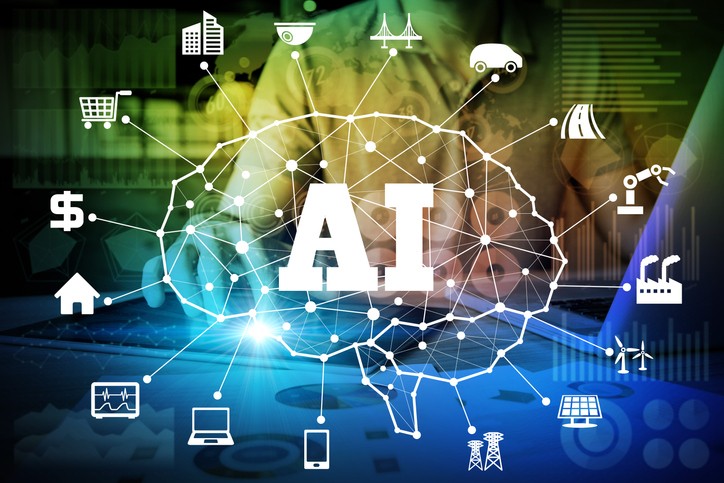
Artificial Intelligence (AI) is increasingly woven into the fabric of everyday life, transforming how individuals interact, work, and make decisions. From personalized recommendations on streaming platforms to complex algorithms guiding healthcare diagnostics, AI presents immense potential. However, its integration into daily routines also raises complex ethical questions. Addressing these ethical concerns is essential to ensure technology serves humanity equitably, transparently, and responsibly.
1. Privacy and Data Protection
AI systems rely heavily on data — personal, behavioral, and even biometric — to function effectively. Applications such as virtual assistants, smart home devices, and social media algorithms collect and analyze vast amounts of user data to personalize experiences. This raises serious concerns about:
- Informed Consent: Do users truly understand what data is being collected and how it's used?
- Surveillance Risks: AI can be used for mass surveillance, compromising civil liberties.
- Data Security: Breaches can expose sensitive information, threatening privacy and safety.
Ethical Imperative: Developers and organizations must prioritize transparency and make data handling practices clear and accessible. Users should retain control over their data.
2. Bias and Discrimination
AI systems can inadvertently perpetuate or amplify societal biases. This often stems from flawed training data or biased assumptions within algorithms. Examples include:
- Hiring Tools that disadvantage certain demographics.
- Facial Recognition that performs poorly on non-white faces.
- Loan Approval Systems that discriminate based on race or zip code.
Since AI mimics existing patterns in data, historic inequalities can be reinforced if left unchecked.
Ethical Imperative: Ongoing auditing of AI systems for bias is essential. Diverse development teams and transparent algorithmic design help promote fairness and equity.
3. Accountability and Decision-Making
As AI takes on greater decision-making roles — such as in predictive policing, credit scoring, or autonomous vehicles — questions arise about accountability:
- Who is responsible when an AI system makes a harmful error?
- Can AI be ethically granted autonomy over life-impacting choices?
In practice, assigning blame for an AI-inflicted wrong is challenging, especially when decision-making processes lack transparency (the “black box” problem).
Ethical Imperative: There must be clarity in accountability. Human oversight is essential, and AI systems should be explainable and auditable.
4. Job Displacement and Economic Impact
Automation through AI threatens to displace large segments of the workforce, particularly in sectors like manufacturing, retail, and transportation. While AI can create new opportunities, the transition may not be equitable for all.
- Short-Term: Job loss, economic inequality, and social unrest.
- Long-Term: Reskilling programs and a redefined labor market.
Ethical Imperative: Governments and corporations share the responsibility to prepare society through education, retraining, and thoughtful policy-making that promotes inclusive economic growth.
5. Human Autonomy and Dependency
AI can enhance convenience—recommendations, reminders, navigation—but over-reliance may reduce human autonomy, decision-making skills, and critical thinking. Moreover, systems like persuasive AI (e.g., in advertising) can manipulate users’ choices subtly.
Ethical Imperative: AI should augment human agency, not undermine it. Ethical design should promote empowerment rather than exploitation.
6. Misinformation and Generative AI
Generative AI tools (like deepfakes, chatbots, and image generators) can be used to create highly realistic, misleading content. This threatens truth, journalism, and democracy:
- Fake news can be easily spread.
- Trust in authentic media may erode.
Ethical Imperative: Regulation of content authenticity, watermarking AI-generated media, and public education about AI tools are key strategies to mitigate harm.
7. Environmental Impact
While not often discussed, AI systems require vast computational resources, contributing to carbon emissions. Training large models, in particular, can have a significant ecological footprint.
Ethical Imperative: Developers should prioritize efficiency and sustainability, and institutions should invest in green computing initiatives.
The integration of AI into everyday life is both a remarkable opportunity and a profound ethical challenge. Responsible AI development requires a multidisciplinary approach — blending technology with law, philosophy, and sociology. Ethical principles such as transparency, fairness, accountability, and respect for human rights must guide the evolution of AI to ensure that it truly serves the public good.
By fostering robust dialogue, ethical education, and proactive regulation, society can harness the benefits of AI while minimizing its risks.
Ilmkidunya
Top Contributors
Related Articles
From Curiosity to Career A Purpose-Driven Journey Through the 4D Growth Framework
- Ilmkidunya
- 10/Jun/2025








.gif)


































